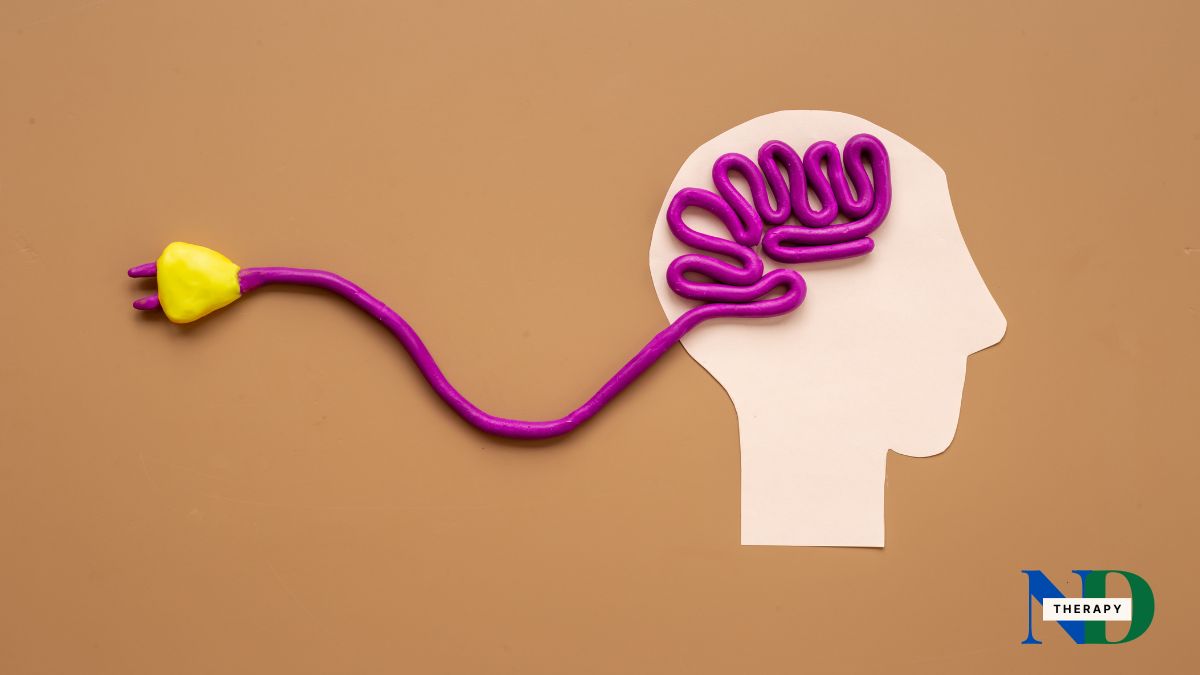
Original Publication Date: June 26, 2023
In today’s digital age, technology is more integrated into our daily lives than ever before. While the internet, social media, and online entertainment provide convenience and connectivity, excessive use can lead to behavioral addictions. Unlike substance addiction, which involves the consumption of drugs or alcohol, behavioral addictions stem from compulsive engagement in activities such as gaming, social media scrolling, and pornography consumption. These addictions can profoundly affect the brain, altering its structure and function in ways that impact decision-making, impulse control, and emotional regulation. Understanding these changes is crucial, particularly as these behaviors become more prevalent among younger generations. This paper explores how behavioral addictions reshape the brain and contribute to long-term cognitive and emotional challenges.
Changes in Brain Structure
Studies have shown that excessive internet use can lead to changes in the brain’s white and gray matter. White matter consists of nerve fibers that connect different brain regions, while gray matter contains most of the brain’s neuronal cell bodies. In individuals with internet addiction, there is a reduction in gray matter volume in areas responsible for decision-making, self-control, and emotional regulation. This means that the parts of the brain that help us make good decisions and control our impulses may not function as well in those with internet addiction (Yuan, 2011).
Activation of the Brain’s Reward System
Both behavioral and substance addictions activate the brain’s reward system, particularly the mesolimbic pathway, which is associated with feelings of pleasure and motivation. Engaging in addictive behaviors like gaming or social media use releases dopamine, a neurotransmitter that makes us feel good. Over time, the brain craves this dopamine release, leading to compulsive behavior. This is similar to how drug addiction works, where the individual continues the behavior to achieve the pleasurable feeling, despite negative consequences (Alavi, 2012)
Impact on Adolescents
Adolescents are particularly vulnerable to developing addictive behaviors due to the ongoing development of their brains. The prefrontal cortex, responsible for decision-making and impulse control, is not fully developed until the mid-20s. This makes teenagers more susceptible to engaging in risky behaviors, including excessive use of technology. The imbalance between the developing cognitive control system and the more mature socioemotional system can lead to increased risk-taking and susceptibility to addictions (Steinberg, 2010).
Withdrawal Symptoms
Individuals addicted to technology can experience withdrawal symptoms similar to those seen in substance addictions. These symptoms include anxiety, irritability, and cravings when they are unable to access their devices. This similarity suggests that behavioral addictions can have profound effects on the brain, comparable to those caused by chemical substances (New York Post, 2025).
Treating Behavioral Addictions
Addressing behavioral addictions requires a comprehensive approach that includes behavioral therapies, support groups, and, in some cases, medication. Cognitive-behavioral therapy (CBT) is commonly used to help individuals recognize and change problematic behaviors by identifying triggers and developing healthier coping mechanisms.
Support groups like SMART Recovery offer peer support and utilize evidence-based techniques to promote recovery from addictive behaviors. SMART Recovery focuses on self-empowerment and incorporates cognitive-behavioral strategies to aid individuals in managing their addictions.
Digital Addiction Treatment Services
Nathan Driskell offers specialized therapy services targeting digital addictions, including internet and gaming addictions. Drawing from personal experience with internet addiction, he provides individualized treatment plans that address the unique challenges associated with excessive technology use. His approach involves assessing the extent of the problem, implementing behavioral changes to reduce online time, and identifying unmet needs that may drive addictive behaviors. Recognizing that abstinence from the internet is impractical, especially given its integral role in work, education, and social interactions, Driskell emphasizes controlled and mindful internet use. He also addresses co-occurring conditions, such as social anxiety or depression, which often accompany digital addictions, to ensure a holistic recovery process.
Conclusion
Behavioral addictions can lead to significant changes in the brain, affecting areas responsible for decision-making, impulse control, and reward processing. Understanding these effects is crucial, especially for adolescents, as their developing brains are more susceptible to these changes. Recognizing the signs of addiction and seeking appropriate help can mitigate these effects and promote healthier brain development.
References
Yuan K, Qin W, Wang G, Zeng F, Zhao L, et al. (3 June 2011). “Microstructure Abnormalities in Adolescents with Internet Addiction Disorder”. PLOS ONE. 6 (6): e20708.
Alavi SS, Ferdosi M, Jannatifard F, Eslami M, Alaghemandan H, Setare M (April 2012). “Behavioral Addiction versus Substance Addiction: Correspondence of Psychiatric and Psychological Views”. International Journal of Preventive Medicine. 3 (4): 290–294.
Steinberg, Laurence (2010). “A dual systems model of adolescent risk-taking”. Developmental Psychobiology. 52 (3): 216–224.
New York Post. (2025, February 17). Technology addicts suffer same withdrawal symptoms as heroin addicts, therapist finds. New York Post. https://nypost.com/2025/02/17/lifestyle/technology-addicts-suffer-same-withdrawal-symptoms-as-heroin-addicts-therapist-finds/
- The Mental Health Benefits Of A Smartphone Break - February 25, 2026
- Did A Boy Kill His Adoptive Father Over Nintendo Switch? - February 23, 2026
- Brain Changes Linked to Mindfulness in Gaming Disorder - February 18, 2026







